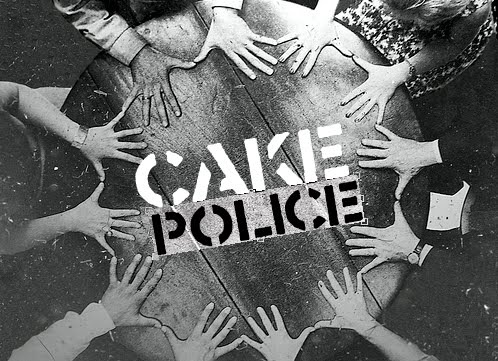
Tuesday, August 25, 2009
"This man does not see America like you and me"
"For populists, 'the people' does exist, and it's threatened from outside. That's, for me, the zero-level of populism. You never accept - to put it in old fashioned Marxist terms - that there is a radical antagonism which is constitutive of community. The minimum of populism is: there is a proper order (often even a 'good old order'), and then some external intruder - it can be Jews, it can be American imperialism, whatever - is the cause of the ruin. The cause comes from the outside, destroying the organic order. Which is why, to put it in another way, populism is always sustained...by some kind of frustrated despair, by a cry: 'I do not know, I just have had enough of it, I cannot go on, it must stop.' An impatient outburst, a refusal to patiently understand, the exasperation at the complexity, and the ensuing conviction that there must be somebody responsible for all the mess - which is why an agent, who is behind and explains it all, is needed. It is, I think, in this refusal to know that resides the properly fetishist dimension of populism. Although, at the purely formal level, the fetish involves a gesture of transference - onto the object-fetish - it functions as an exact inversion of the standard formula of transference (with the 'subject supposed to know'). Here, what the fetish gives body to is precisely my disavowal of knowledge, my refusal to subjectively assume what I know."


Subscribe to:
Post Comments (Atom)

No comments:
Post a Comment